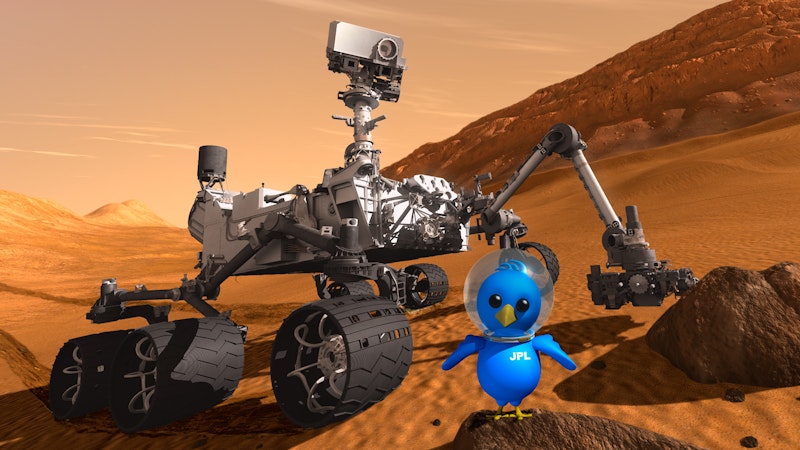I’m surprised to find that Twitter, even in its debased Musk-era state, is still generally better—more interesting and informative—than other social media platforms, many of which arose in response to Twitter’s decline. Post.News, where my Splice Today bio of recent months has noted that I post, is an increasingly moribund entity, where one’s posts now often receive a Mastodon-like silence. Threads is an awkward overlay of words onto connections formed to exchange photos via Instagram. Substack’s thrived as a newsletter publisher but not gained much traction beyond that mission. No one’s invited me to Bluesky, and my signing up for a waitlist came to nothing; I’m happy to forego whatever’s there.
LinkedIn, which I never liked, now has a stream of political arguments mixed in with career-oriented content; that’s unlikely to make it more attractive over time. Facebook, which I value as a way of staying in touch with people, has long been a swamp of misinformation about current events. Nonetheless, Facebook, Twitter and Substack have an appeal in their serendipity; that there’s sufficient volume that you never know what obscure or interesting fact or idea might come to light, even amid a great deal of “noise.”
I’ve gradually expanded my paid Substack newsletter subscriptions. Virginia Postrel and Matthew Yglesias are among recent additions. I recently re-upped my subscription to Damon Linker’s Notes from the Middleground, which began as a monitor of the right wing, called Eyes on the Right, but then made that a section of a broader centrist publication, with another section called Looking Left. Linker’s politics overlap a great deal with my own, though he’s got a more-somber view of things; I tend to be an optimist, as I’ve noted in recent pieces, and it’s probably good to temper that with some grimness.
At the same time, I find the pessimism of Jonathan V. Last, at The Bulwark, another of my subscriptions, gets on my nerves. I felt this most acutely with his responses to ChatGPT, which he treated as a harbinger of a prospective AI-driven doomsday. I’m willing to consider such scenarios, but I’m not impressed by Last’s reasoning as to why we’re “totally forked,” as he’s put it. For instance, Last notes that ChatGPT can spew out 1200 words immediately, far faster than the most-fluid human writer, and argues such rapid processing will create a power imbalance between humans and AI. But that, to me, misses an essential purpose of consciousness, which is to deal with novel situations that can’t be handled by instant reflexes. A chatbot operates at super speed not because it’s thinking faster, but because it’s not thinking at all.
In a recent exchange on Facebook, philosopher Tim Maudlin pointed out that ChatGPT doesn’t know how to multiply; ask it for the product of two random four-digit numbers and it’ll give you an incorrect answer. I tried that and found it was true. The chatbot generates an answer culled from a vast database that includes some material where there was multiplication of four-digit numbers, but unless the particular numbers you’re asking it to multiply already have been discussed, it has no clue. In fact, it has no clue in any case, because it doesn’t understand the question.
“Who in their right mind would explore space with a man who can’t keep a website running?” asked Charlie Warzel at The Atlantic in a July article titled “Elon Musk Really Broke Twitter This Time.” It’s a good question, which I’d already been wondering about, and which bolsters some points made in a new book, A City on Mars: Can We Settle Space, Should We Settle Space, and Have We Really Thought This Through? by Kelly and Zach Weinersmith. The book argues, for one thing, that space colonies are likely to function like company towns, with a single employer exerting vast control over residents’ lives. They imagine, whimsically, a Musk-built Mars city called “Muskow,” which, because of its remoteness from Earth, holds monopoly power over its inhabitants on matters such as housing, food and oxygen.
—Kenneth Silber is author of In DeWitt’s Footsteps: Seeing History on the Erie Canal and posts (for now) at Post.News.

